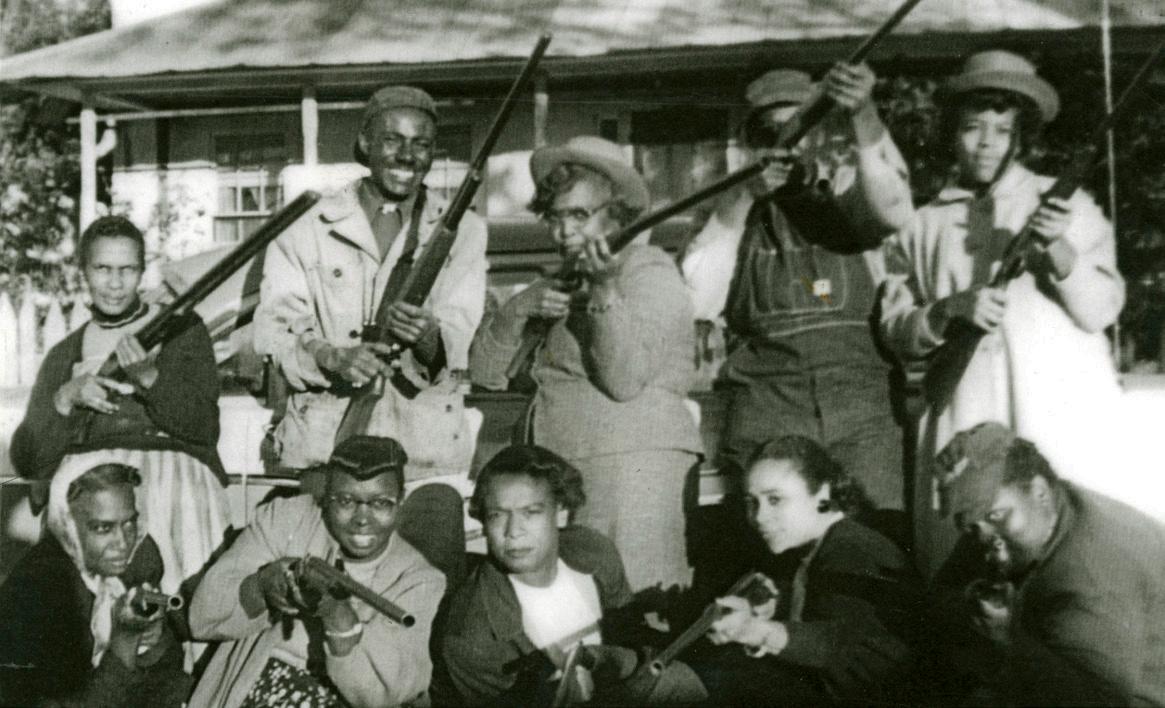
2 minute read
Questions and Answers Should Color Interfere?
By Egypsy Ann Special to the AmNews August 17, 1927
Dear Egypsy Ann:
My whole family are very fair skinned. I love a young man who is very dark and one whom the family is opposed to for that reason. I can’t ask him to my house for fear of this being slighten or insulted by my family— particularly my mother— is always saying something nasty about him. I am eighteen and he is twenty-four. He is truly the finest young man I’ve ever seen. He is unusually brilliant, has a good job, goes to night college, and treats me wonderfully. He is so thoughtful, and furthermore, can be relied upon. He has good features and everyone speaks nicely about him except my family. As long as a man is light and has straight hair, he’s o.k. with them.
If I marry the boy I love I will be considered a member of the family no longer. I have a mother, father, three sisters and one brother and all of them are opposed to him. Please give me your honest opinion.
-Black Sheep
Dear Black Sheep:
I advise you to marry the man you love. Honestly, if I loved a man with all the good qualities your friend has, and he loved me, I’d consider myself a lucky person.
I know several fair complexioned girls who, although in love with dark men, married light ones. They’re unhappy because they haven’t the one they want. No matter what their husbands may do for them they always have the other man in mind and this makes both them and their husbands miserable.
You’re going to live with this man, not your family. It’s your own affair. When you marry, move into a different neighborhood and make new friends. People who are color-crazed are better left alone.
Sincerely, Egypsy Ann.
Celebrating the 30th anniversary of the Rose Nicaud Global Apprenticeship Initiative
By ALICIA BELL JUNETEENTH 2070
To celebrate and further memorialize Ms. Rose Nicaud, a group of people gathered in 2040 to launch the Rose Nicaud Global Apprenticeship Initiative with a mission to ensure that Black & Indigenous people across the globe are able to thrive in pleasurable libations, across both fields of coffee and mixology. Public-facing members of the founding collective included Sekani Akunyun, Kenya Augurson, Renata Henderson, Bartholomew Jones, and Amtah Naazim.
Over two centuries ago, at a marketplace in the territory formerly known as New Orleans, a Black woman named Rose Nicaud sold coffee. During those days of human trafficking, it cost less to purchase a woman than a man.

With this knowledge, Ms. Nicaud leveraged the patriarchy of chattel slavery against itself and sold enough coffee to purchase her freedom. Before letting anyone know, she spent a few extra weeks at the market so that she’d have enough money to continue her coffee stand and invest in creating a community coffee shop.
In 1840, Nicaud was listed as a free woman in the census. From then on until her death in 1880, Nicaud stewarded one of the first Black-owned coffee shops in New Orleans. This space existed as a neighborhood hub, a space where artists and poets would gather to co-create, a space where people across genders met to discuss business transactions, and a space where newcomers







